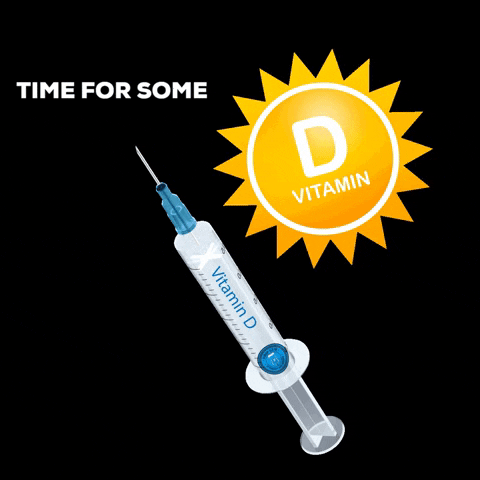
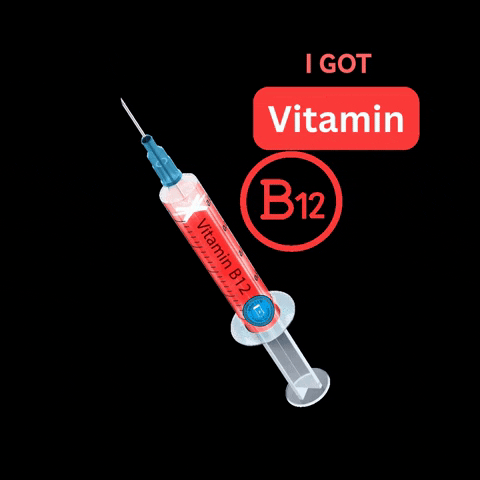
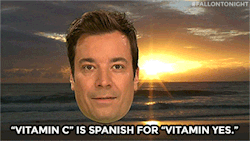
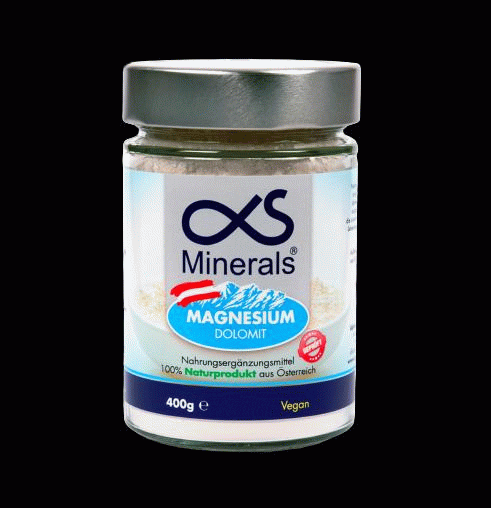
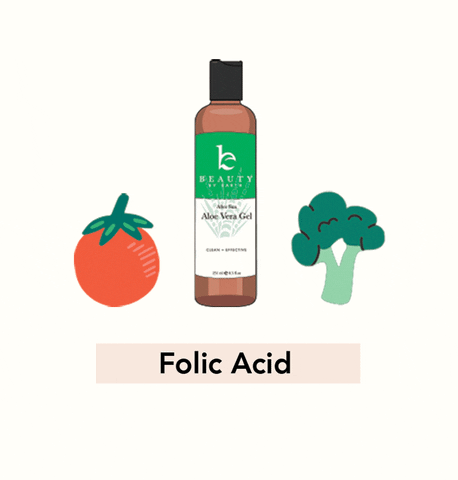
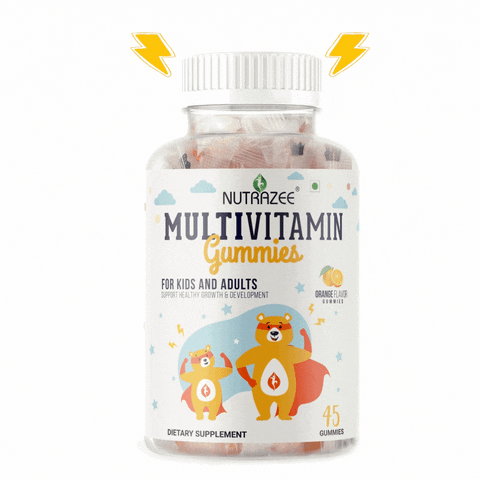
If you’re on this page, you’re probably someone who cares about their health. You’ve been asking yourself the question: what vitamins should I take? What vitamins should I take for my specific needs? We’re here to help you.
Our quiz will tell you what vitamins, minerals, and supplements are the best for you. Whether you want to combat fatigue, lose weight, or anything else – there are vitamins suited for your goals. Do you not have any specific health concerns in mind and want to be healthier overall? We got you covered! Answer the questions to find the answer to the “what vitamins should I take?” query.
A well-balanced diet is the best way to make you’re healthy. Nevertheless, some of us might benefit from taking a daily vitamin supplement. People on restricted diets, those with specific medical conditions and medication needs, or those going through particular stages of life may suffer from vitamin deficiencies.
There’s no way you know all these things about the human body!
Not all women need vitamins, but some will benefit from supplementing their regular diet. Pregnant women should think about taking folic acid. It’s crucial for early fetal development and helps to prevent preterm births. Other vitamins expecting women need include vitamin D and vitamin A.
Pop some folic acid and find out if you could be pregnant.
Some women might not get enough vitamin B-12 in their diet. It includes pregnant women, vegetarians, and women over 50 years old.
Vitamin deficiencies are more common in older women. Vitamin D and calcium will help with bone health and prevent osteoporosis. After menopause, you require 1,200 mg of calcium (in your diet or through supplements) per day to help slow bone loss that results from aging.
Menstruating and pregnant women might need iron supplementation. Some don’t get enough iron from food, which puts them at risk of anemia. Expecting women require more iron to ensure adequate blood supply for their developing babies.
Are you anemic? Find out with 99% accuracy!
Some men may require vitamin supplements. Potential reasons for taking vitamins include dietary restrictions, needs related to increased physical activity, gastrointestinal surgery, older age, or alcohol use disorder.
Zinc is a crucial element for men. It boosts testosterone levels, reduces the risk of prostate cancer, and improves sperm motility (the ability to move forward toward the egg) and overall sexual health. Zinc is vital for the immune system, too.
Another essential mineral for men is selenium. Like zinc, it helps maintain prostate health and raise testosterone levels. Research suggests selenium can also protect your body from UV rays, reduce the risk of thyroid issues, and improve cognitive function.
Just like women, older men are at risk of nutrient deficiency. The suggestion is to supplement with vitamin B-12 and vitamin D.
It takes more effort than just taking a few vitamins to drop extra weight. Losing weight requires a balanced diet and regular exercise. However, specific vitamins can help you correct imbalances caused by eating restrictions and ensure your body’s working properly for weight loss.
Find out what diet plan is the best for you.
B vitamins are crucial for your metabolism. They help convert carbs, lipids, and proteins into energy instead of letting them turn into fat. Niacin, vitamin B-6, and iron work together to increase the production of the amino acid L-carnitine, which helps burn fat. Other elements like vitamin C, vitamin D, and calcium boost your overall health and allow you to function better.
Vitamin C protects you from toxins that cause inflammations and prevents infections. Because your body can’t produce vitamin C, having it in your diet is critical for good health. Thankfully, it is present in many foods, and most people don’t require additional supplements.
B vitamins play an important role in strengthening your immune system. Deficits in vitamin B9 (folic acid) and vitamin B-12 affect the production of white cells.
Another vitamin that helps with immune responses is vitamin E. It aids your body’s defense system against infection and keeps your T-cells functioning optimally. Research suggests that it’s better to avoid vitamin E supplements as they’re not particularly helpful and might even be harmful. Instead, load your plate with vitamin E-rich foods like almonds, sunflower seeds, nuts, wheat germ oil, avocado, fish, spinach, and peanut butter.
Discover the best weight loss strategy!
What vitamins should I take? Sometimes you might not need any. The first step to better health is to eat a balanced diet and find the necessary vitamins in your food. If you still have deficiencies after that, taking supplements might be beneficial.
Find the answer to the question: what vitamins should I take? Whether you have specific requirements or want to improve your overall health, our quiz has you covered!